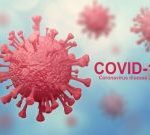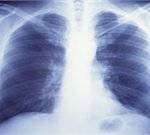
Lots of TV time, no PE classes, and a fridge full of food: It’s a recipe for weight gain for kids under “stay at home” rules. But there are ways parents can help them stay healthy, says registered dietitian Audrey Koltun. “During quarantine, we hear we should try to stay healthy, not overeat, and exercise, but it is easier said than done,” said Koltun, who’s also a diabetes care and education specialist at Cohen Children’s Medical Center in New Hyde Park, N.Y. When it comes to kids’ diets, having to stay at home might have some advantages, she noted. “Many people are cooking much more than they ever did,” Koltun said, and “this allows more control over caloric intake and possibly healthier options.” Children just don’t have the same access to fast food or fattening snacks. “The kids that go out to get an 800-calorie smoothie, a 400-calorie iced coffee, or a 500-calorie slice of pizza are not having this now — or not as much,” Koltun said. But if chips, cookies and other snacks crowd kitchen cupboards, the battle against weight gain can easily be lost, the nutritionist stressed. “Your kids can only eat what you buy, so if you are buying a year’s worth of snacks, they will eat them all day and night,” she said. While chowing down on unhealthy snacks might… read on >























-300x200.jpg)













